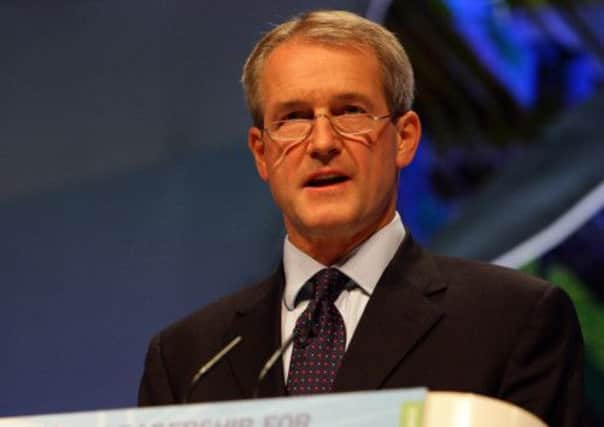MPs want £1.2bn BT broadband deals put on hold


A committee of MPs has told Ministers they should put plans to invest a further £250m in the scheme on hold until it is undergone a major overhaul.
Their highly critical report, published today, says Ministers have created a situation where BT has won all 28 contracts awarded by councils so far and the same was likely to happen with the remaining 18.
Advertisement
Hide AdAdvertisement
Hide AdIt also accuses BT of restricting access to plans for how it will roll out the new technology to 90 per cent of rural premises, preventing other providers from filling in the gaps.
Margaret Hodge, chairwoman of the Public Accounts Committee, said local authorities are contributing over £230m more to the programme than forecast while BT is committing over £200m less.
“The programme to extend superfast broadband to rural areas has been mismanaged by the Department for Culture, Media and Sport (DCMS). The sole provider BT has been placed in a quasi-monopolistic position which it is exploiting by restricting access to cost and roll-out information.
“The consumer is failing to get the benefits of healthy competition and BT will end up owning assets created from £1.2bn of public money.
Advertisement
Hide AdAdvertisement
Hide Ad“Without that competitive tension, it is crucial to have full access to the single supplier’s cost information to check that BT’s bids are reasonably priced – but the Department failed to negotiate that access with the company.”
North and West Yorkshire and East Riding have together received more than £28m to invest in rural broadband through the scheme.
The committee heard evidence suggesting North Yorkshire, which last year became the first area to rollout broadband through the scheme, may have been forced to choose BT over a better bid as a result of the programme’s rules.
But this was rejected by John Moore, chief executive of North Yorkshire County Council’s broadband company NYNET, who said their’s was one of the few bidding processes which remained competitive until the end.
Advertisement
Hide AdAdvertisement
Hide Ad“We have achieved the best value of money we can through that competitive procurement process. Ninety per cent of premises will have 25MB or more broadband by next autumn. Our contract is on schedule and on budget.”
In a speech in Easingwold yesterday, Rural Affairs Secretary Owen Paterson said nothing would have a more spectacular effect on the countryside economy than the rollout of rural broadband.
The Government originally hoped to have superfast broadband to 90 per cent of homes by 2015 but later changed that to 95 per cent by 2017.
He told the Yorkshire Post: “I think we are all frustrated that it isn’t proving as easy or as fast to roll out but it is an enormous project, one of the largest since the Second World War, and we are not going to be very far off our original targets despite the technical problems we have run into.”
Advertisement
Hide AdAdvertisement
Hide AdA DCMS spokesman said the National Audit Office had found its approach ”reduced the cost to the taxpayer and reduced risk” while BT said the report was “simply wrong”.
A spokesman for the firm added: “We have been transparent from the start and willing to invest when others have not. It is therefore mystifying that we are being criticised for accepting onerous terms in exchange for public subsidy – terms which drove others away.”